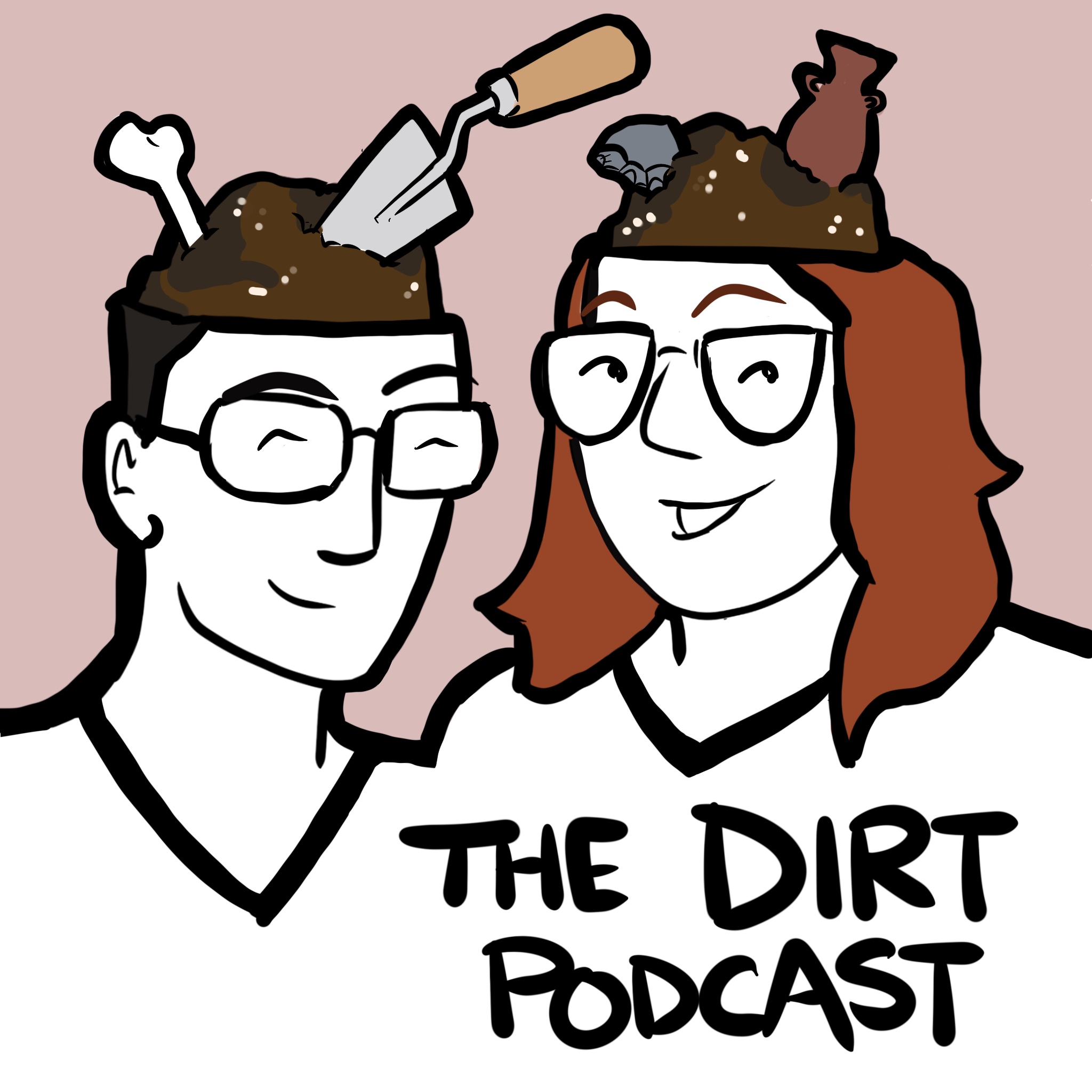Episode 123
The Good Old Days: Prehistoric Inequality - Ep 123
This week's episode is a listener-sponsored one! Ancient hunter-gatherers are often painted as egalitarian, with all members contributing to the needs of the group. But what does evidence from prehistory say about things like access to nutrition, or care for the sick or injured? Are there cases where some individuals were clearly treated differently from others? How far back can we go to find clues? Stay tuned, sleuths.
Links
- Did agriculture create inequality? (Scientific American)
- Hunter-getherer envy (SAPIENS)
- Issues with using modern forager groups as proxy for ancient ones (Evolutionary Anthropology)
- The earliest deliberate burial? (SAPIENS)
- Sunghir burials (SAPIENS)
- Different types of burials at Sunghir (Antiquity)
- Status-symbol scapulae? (Archaeological and Anthropological Sciences)
Contact
- Email the Dirt Podcast: thedirtpodcast@gmail.com
Affiliates

